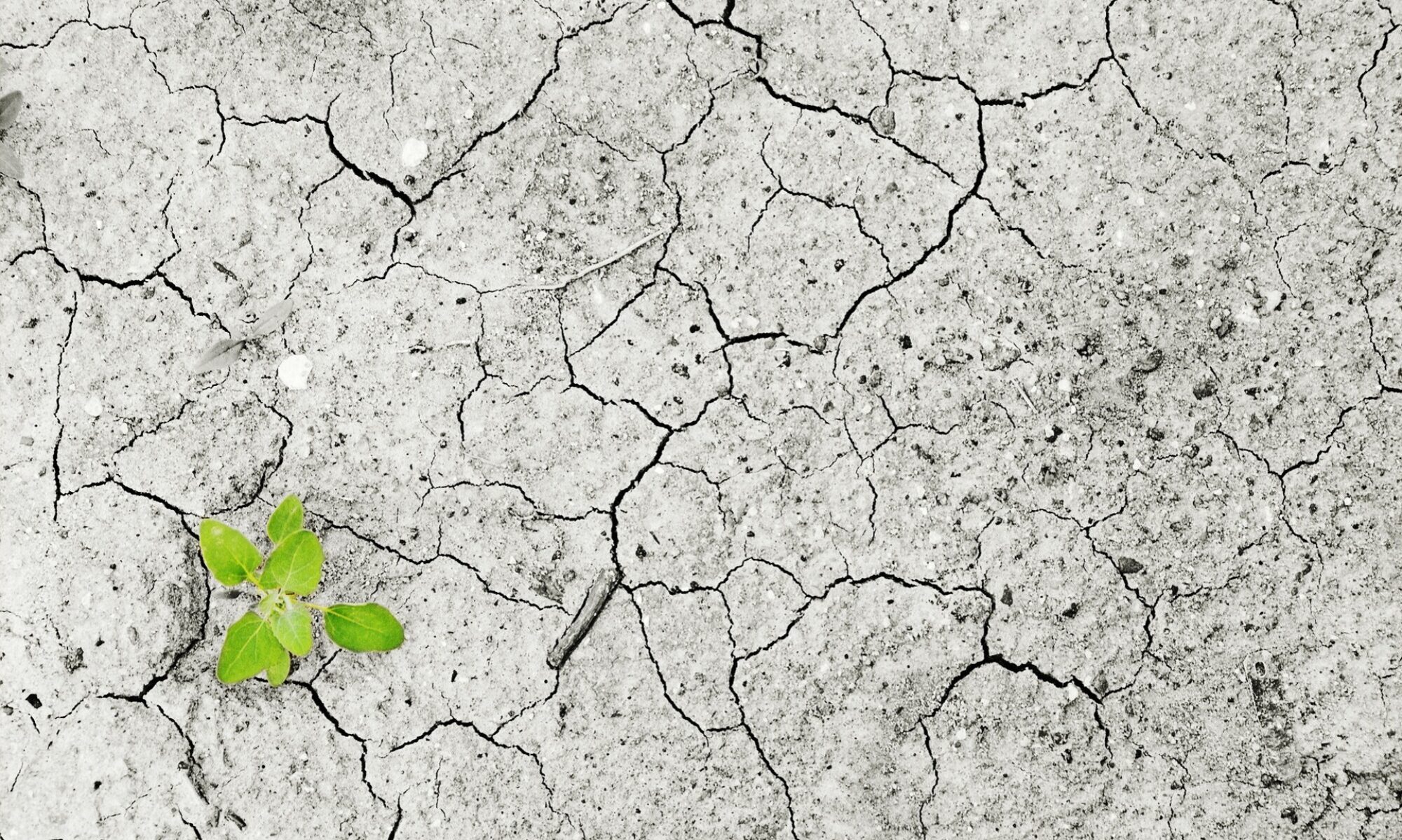4 May 2021 – by Ben St. Laurent
Researchers from Columbia University’s Lamont-Doherty Earth Observatory are nearing the end of a five year community based research project designed to study the effects of climate change on sea ice and marine life in Alaska’s Kotzebue Sound. For years, members of the Ikaaġvik Sikukun research project have monitored geophysical changes in sea ice from unmanned aerial systems. In an article published by the university, lead researcher Christopher Zappa spoke with Columbia News about the findings and novel framework of the research project.
While designing the project, researchers convened an ‘Indigenous Expert Advisory Council’, and met with community leaders who have become increasingly concerned with the impacts of climate change on their communities. The team discussed with the community how changes in sea ice were shortening the traditional hunts their lifestyle depends on. According to Zappa, the community based model “grounds the work in the interests of the local stakeholders”, and will provide indiginised solutions to local climate risks.
Zappa told Columbia News that the research team used insight they gained from indigenous communities to direct their research at studying the “river and ocean interaction, and how the ice behaves” in the Kotzebue Sound. Indigenous communities contributed more than just insight, providing researchers with decades of data which they’ve kept on ice conditions in the region. Zappa hopes that the research, which will soon be fully analysed, not only helps scientists understand the impact of climate change in the region, but also offers useful insights for indigenous communities that enables them to maintain their way of life. Columbia News reports that Zappa and a number of his colleagues are interested in replicating this type of projects with other communities in the region.


